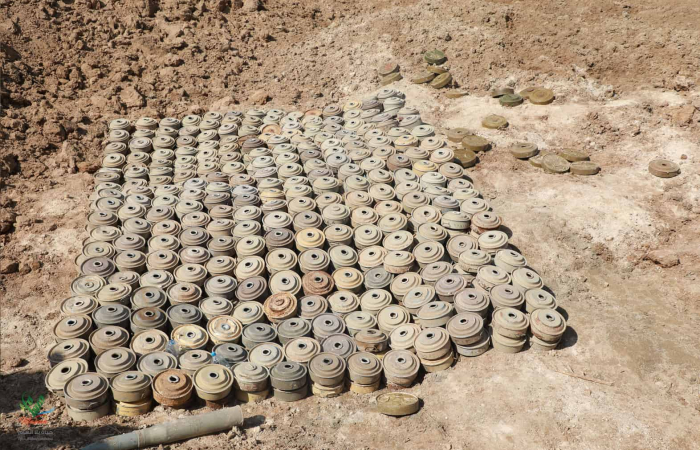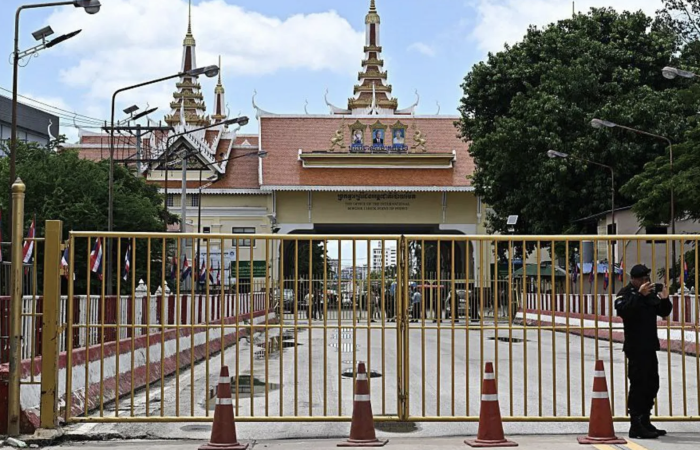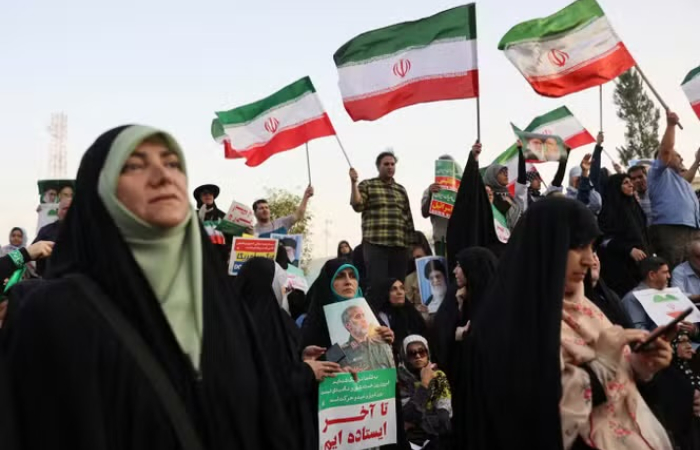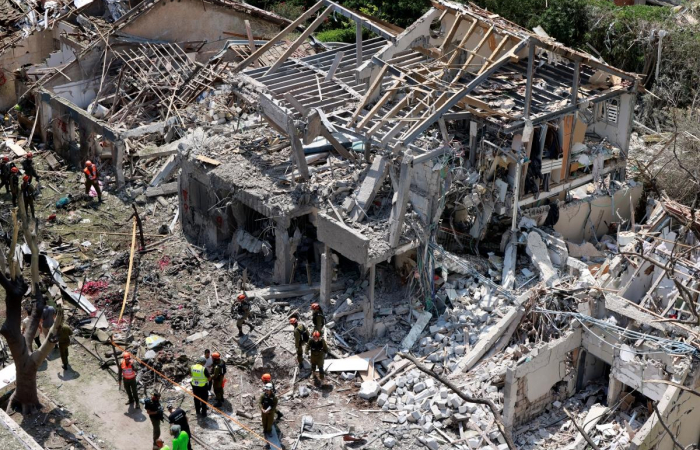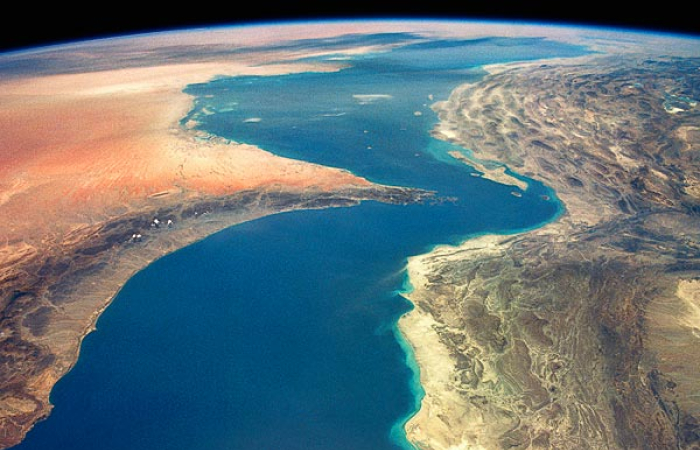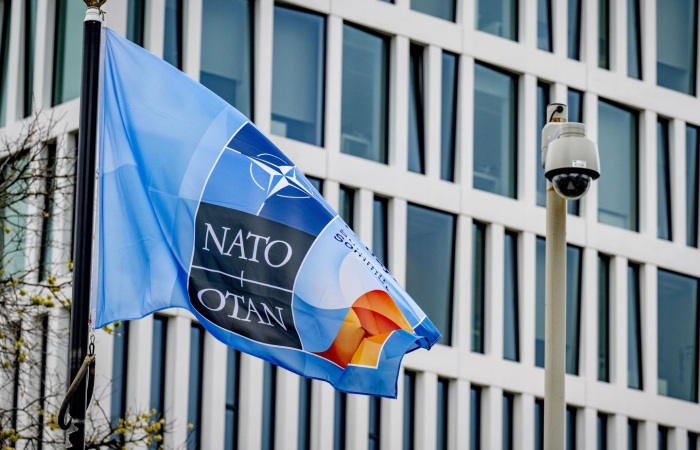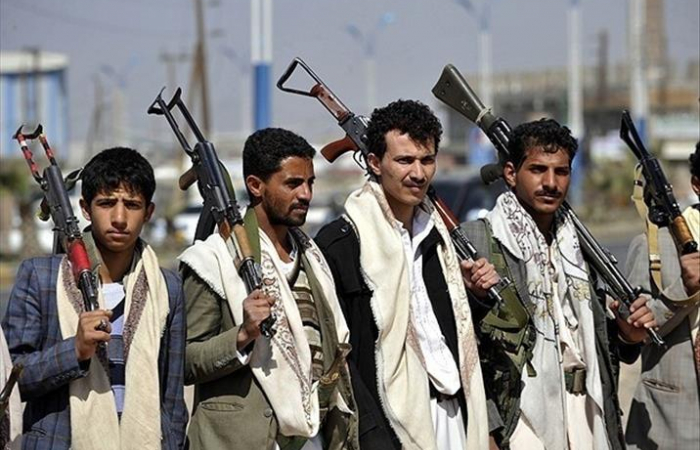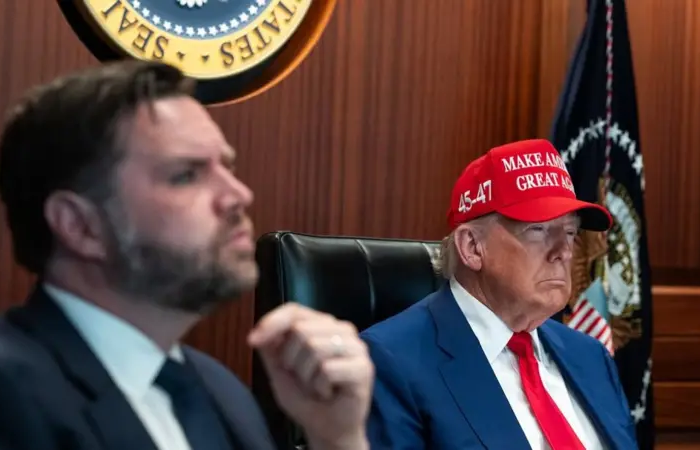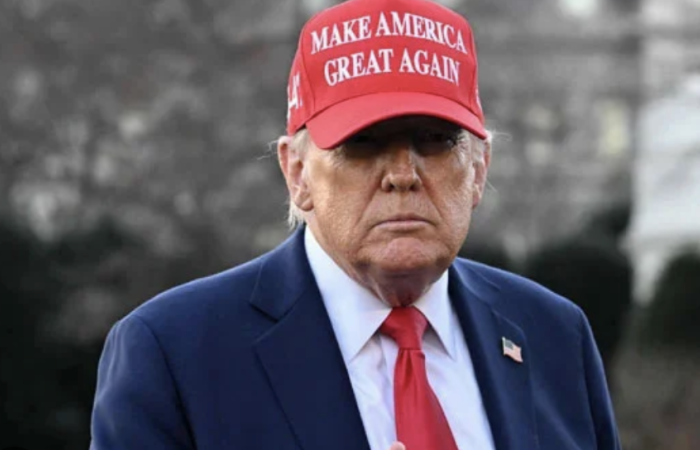Trending
Monday Commentary: Europe needs to continue supporting Ukraine fully in the crucial coming year
24 November 2025
Talks were held in Geneva on Sunday (23 November) between the United States and Ukraine. Also present in Geneva were representatives of the key European countries, France, Germany and UK, and the EU. The talks are expected to continue today.
The future if Ukraine is at stake, and so is the future of Europe. There should be no doubt that Putin’s ambitions do not stop in Kiev. The talks are expected to continue today (24 November), and Ukraine’s de facto capitulation is not an option for Europe.
The scandalous draft of the plan called “the US plan”, but probably written by the Russians, appears to have been put aside. Officially it is still called the “US plan”, that is what the ego of US president, Donald Trump, requires. But it started to look increasingly like the plan put forward by the Europeans, which is much closer to the Ukrainian position.
The Europeans were not represented in Geneva by Ministers and politicians, but by their national security advisors, somber men who are cool and calculating. They have a difficult task: on the one hand they understand very well that Ukraine’s war is Europe’s war, and they know better than anyone else how big the threat of Putin’s Russia is to European peace and security. The risks of the “original US plan” are obvious to them. But they also understand that Ukraine, and up to now Europe, depend on the US for their security. So, they cannot alienate the American president too much. US Secretary of State, Marco Rubio, well understands the European dilemma. He finds himself in the unenviable position of needing to reconcile his president’s views, with the Ukrainian and European one.
At stake is Ukraine’s future as a state. Ukrainian president Vlodomyr Zelenkiy quaintly calls it “Ukraine’s dignity”. But it is much more than that. Russia does not want Ukraine to exist as a state in any meaningful way. It should either have a puppet government, as it wanted to impose on Kiev when it launched the invasion in February 2022; or be so weak and dismembered that it will be in all but name a vassal of Russia. Whatever is finally agreed in Geneva, and whatever Donald Trump finally decides, 2026 is going to be a crucial year for Ukraine. European support has so far been steady, but must become steadier, regardless of Trumpian shenanigans. 2026 must be the year of European Ukraine. For this to happen their must be more resolve in Europe, and a stronger determination to support Ukraine fully. (read the full commentary by clicking on the image).





